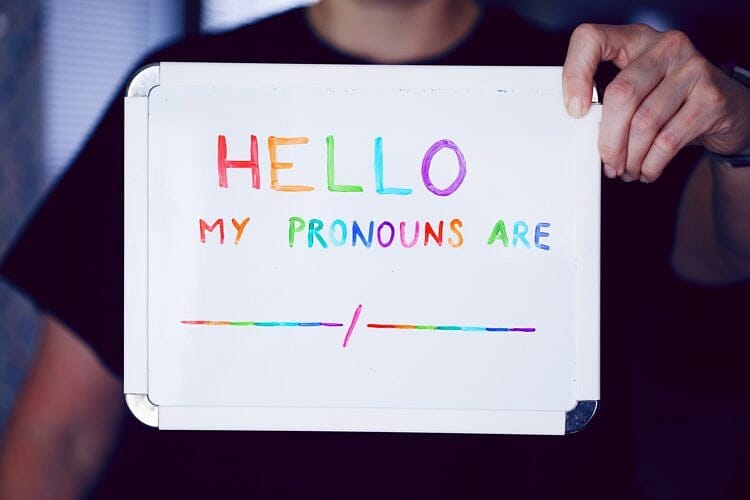News

Massachusetts Middle Schoolers Can Change Name, Pronouns, Gender At School Without Parents Knowing

Should parents know if their child goes by a different name, uses different pronouns, and identifies as a different gender at school?
In Massachusetts public schools, that's not always the case.

